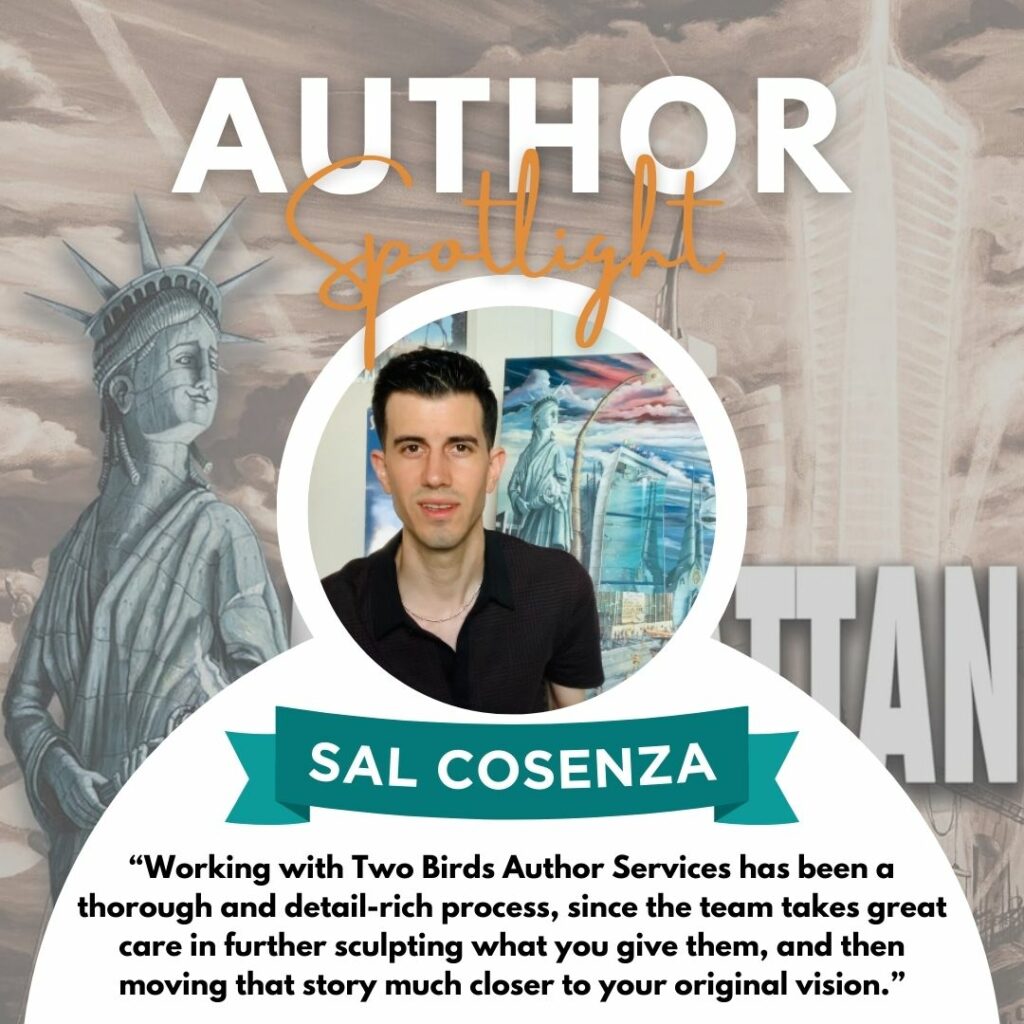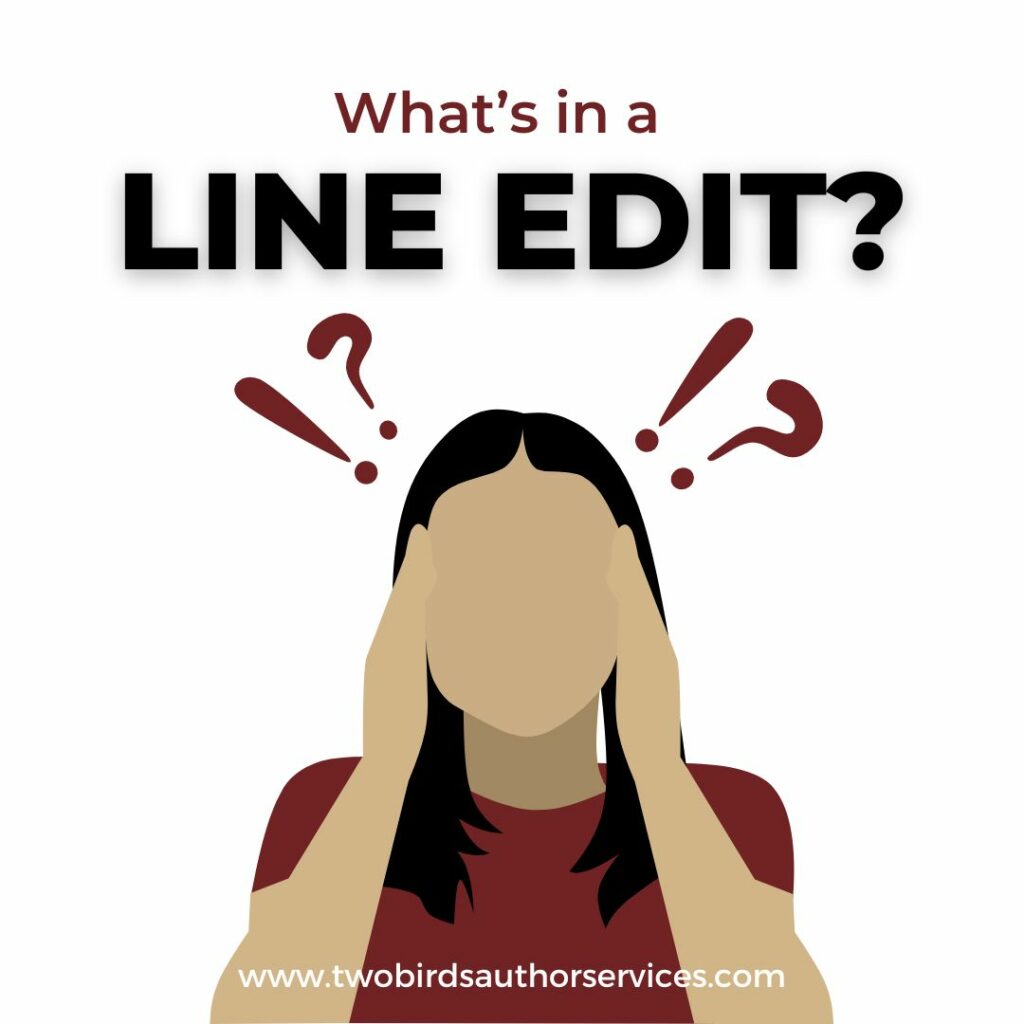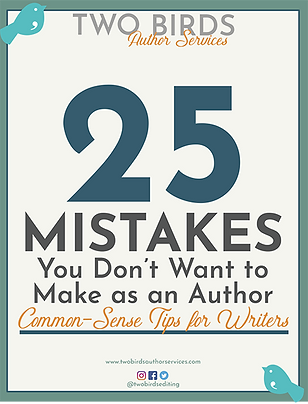Writer of Dystopian Fiction
Join us for a chatwith Craig Stanfill, author of TERMS OF SERVICE and THE PROPHECY OF THE HERON.
Tell us a little about yourself – a brief bio, if you will.
I have spent my entire life immersed in technology; from my teens I’ve been knee-deep in software and computing. I’m one of those people who took to programming like the proverbial duck-to-water. In particular, I’ve always been fascinated by artificial intelligence, probably starting with HAL-9000 in 2001: A Space Odyssey. It has, as a field, so much potential for good and for evil. I got my Ph.D. in AI in 1983, went on to do some foundational work in the field in the late 80s and early 90s, then moved on; in the early 90s the field of AI mostly died, and when I decided to start a software company in 1994, there was no market for AI technology, so I did something else. But I’ve never forgotten my love for this field, and its potential for both good and evil.
What led or inspired you to start writing fiction? And how did you end up choosing your specific genre — dystopian science fiction?
I have become increasingly concerned by emergence of AI as an every-day technology and the profound challenges it poses in terms of how we govern ourselves and order our society. For all its wonders, there has never been a technology with greater potential to erase our freedoms. And not just potential — those abuses are real. We are now in a situation where AIs are literally watching everything we do on the internet and, sometimes, in the real world, peering at us through cameras, intercepting and reading our electronic correspondence, rifling through our photographs. The world of Big Brother has arrived, and if we do not put some limitations on the use of AI, we will find our freedoms are a thing of the past.
What’s your most recent published book? What’s it about?
My most recent book is titled The Prophecy of the Heron. It continues the story begun in my first novel, Terms of Service, and continues my exploration of the AI Dystopia. For most of the book the AIs are in the background — they are rarely seen, and you can only infer that they are there. But they have a profound effect on the life of the protagonist, Kim, as she suffers misfortune after misfortune and setback after setback, all orchestrated by her invisible, unseen nemesis. In the end, she is driven to a final act of rebellion which threatens to bring the entire edifice of civilization crashing down in ruin.
What has been the most challenging part of being an indie author?
The most challenging part of being an indie is, by far, figuring out how to sell books. There are so many books being published these days in electronic form that it is nearly impossible to find readers and connect with them, no matter how good a book you have written.
What has been the most delightful or fulfilling part of being an author?
By far the best part of being an author is hearing how much people love my book. It’s true! A lot of people really love it, and listening to their comments, it is clear that my novels have given them plentiful food for thought and reflection on where we are going as a society.
Tell us a bit about your process. Do you write every day? Etc.
Right now I’m between books. Writing the first two novels was an all-consuming labor which ate up all my time — and then some — for the four years it took me to write them. But when I’m working on a book, I write every day, for as long as I can manage. I usually get up around 6:30, then sit down at the keyboard around 8:00. Exactly what I do depends on where I am in the process; I might revise whatever I wrote last week, I might throw some ideas on paper to try to get a start on a new chapter or scene, or I might sketch out the plot. My process is, I must say, a little chaotic.
What tips do you have for other authors working on their books?
Listen to your ‘writer’s block.’ We all have it — we sit down at the keyboard, and the words just won’t come. In all cases, I have found that this is because of flaws in the story I’m trying to tell. No amount of wordsmithing will fix a flawed story concept or a weak character. The solution is always to make the story itself more interesting — add some internal reflection, create a memorable character, throw obstacles in front of your protagonist.
What was it like working with Andrea and/or Michele of Two Birds?
In a word, awesome. Throughout the process of writing my first two novels, I was all over the place in terms of how long it would take to get things done. I don’t know how many times my self-imposed deadlines slipped. Those two have the patience of Job, I’ll say that much!
What is the most helpful tip you can offer to authors who, like you, want to find the right editor for their books?
There is no substitute for sending a raw chapter to an editor and seeing what they make of it. In my case, I sent off the first chapter of my first novel for line edits. It came back awash in red ink! But I listened to what they said, revised as suggested … lo and behold, it was better! Editing is a very personal thing, and it is critical to let the editor do their thing, then see if you like the results. Conventional wisdom, but wisdom none the less.
Where can authors and readers connect with you, and find your books?
The two best places to connect with me are on my website, https://www.craigwstanfill.com, and on my Facebook page, https://www.facebook.com/CraigWStanfill. As for my books, they are on sale at all major online retailers, including Amazon, Barnes & Noble, Apple, Google, and Kobo.




